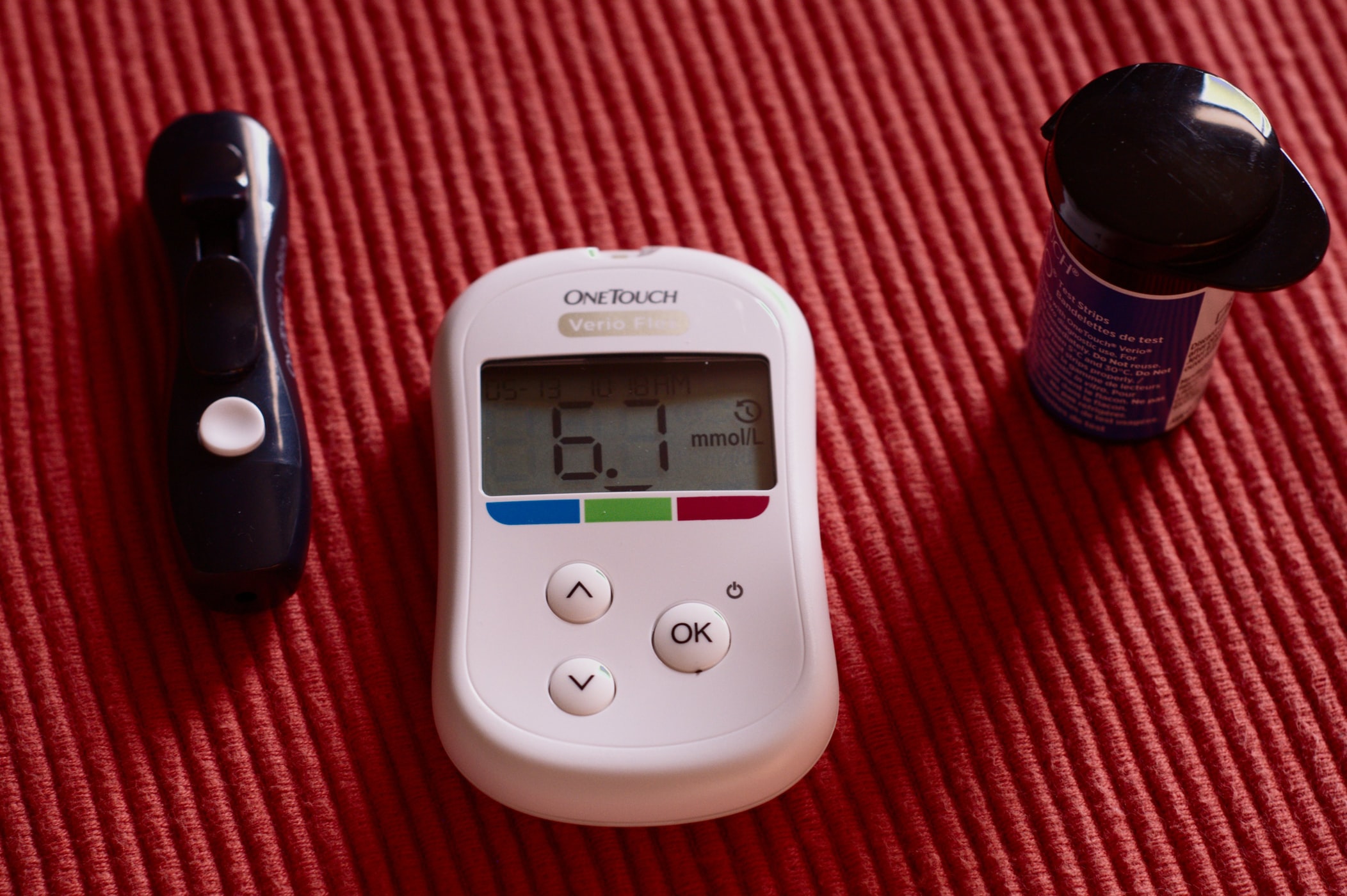Many people with diabetes are seeking a way to manage or even reverse their condition without the use of drugs. While some cases of diabetes will always require medication, other types may be managed with a range of lifestyle changes.
What is diabetes?
Diabetes is a serious long-term health condition. It occurs when the body can no longer produce enough insulin to regulate the body’s blood sugar, or when the body becomes insensitive to insulin.
There are two forms of diabetes: type 1 diabetes and type 2 diabetes. While type 1 diabetes is irreversible, type 2 diabetes can sometimes be reversed through lifestyle changes. People with diabetes must receive regular medical attention, even if they undertake lifestyle changes to correct their condition.
Uncontrolled blood sugar results in a condition called hyperglycemia (high blood sugar), which can be very dangerous. Over the long term, hyperglycemia can cause damage to arteries and veins, as well as to the nerves. This can mean pain or a loss of sensation in the extremities, which may in turn, result in gangrene of the affected area. Some patients may end up losing digits or even whole limbs. If not addressed, hyperglycemia can lead to coma and death. Very severe hyperglycemia is uncommon in people with type 2 diabetes, but patients with this type of diabetes can still suffer long-term damage if their condition isn’t properly controlled.
What is Type 2 diabetes?
Unlike type 1 diabetes, which occurs when the pancreas stops functioning, type 2 diabetes can sometimes be effectively controlled or even reversed through diet, exercise, and other strategies.
People with type 1 diabetes will always require injections of insulin to treat their condition. People with type 2 diabetes, on the other hand, are often treated with medication to reduce blood sugar. This medication brings down the levels of sugar in the patient’s blood to a point where the body’s own insulin is sufficient to prevent hyperglycemia.
Ways to correct type 2 diabetes
The biggest risk factor for type 2 diabetes appears to be obesity. In some cases, a patient who embarks on a weight loss program may find that their type 2 diabetes becomes less severe or even resolves completely.
Another factor in controlling blood sugar levels is physical exercise. If you take regular exercise, you may be able to lower your blood sugar. Exercise can also contribute to weight control, potentially making diabetes less severe. Medical authorities recommend at least 150 minutes of moderate exercise per week.
Since alcohol can contribute to weight gain and may disrupt blood sugar, people with diabetes are discouraged from drinking alcohol. Lower-calorie options like dry white wines and spirits with diet mixers are better than higher-calorie drinks like beer; however, they’re still unhealthy for people with diabetes.
It’s always important to eat a balanced and varied diet that includes plenty of fresh fruit and vegetables, dietary fiber, and lean protein. People with a diagnosis of diabetes need to stay away from processed carbohydrates such as white flour and sugar. Your diet should be nutrient-dense, with few empty calories and plenty of vitamins and minerals. Some doctors regard a ketogenic diet (more commonly known as a keto diet) as a possible solution for some people with diabetes, although this is a somewhat controversial approach.
Smoking is also especially risky for people with diabetes. Smoking will negatively impact on anyone’s health. In cases of diabetes, it can compound many of the issues that the condition brings. If you can’t stop altogether, you should at least reduce your tobacco use. As a person with diabetes, you should be in regular contact with your doctor. Ask them about a diabetic diet plan, as well as other positive lifestyle changes that you can make to regulate your blood sugar and prevent your condition from getting worse. If you succeed in reducing the severity of your condition or even reversing it, your medication may need to be adjusted. As well as being able to help monitor your progress, your doctor will generally be enthusiastic about helping you to embark on a healthier lifestyle and will have plenty of useful input.





